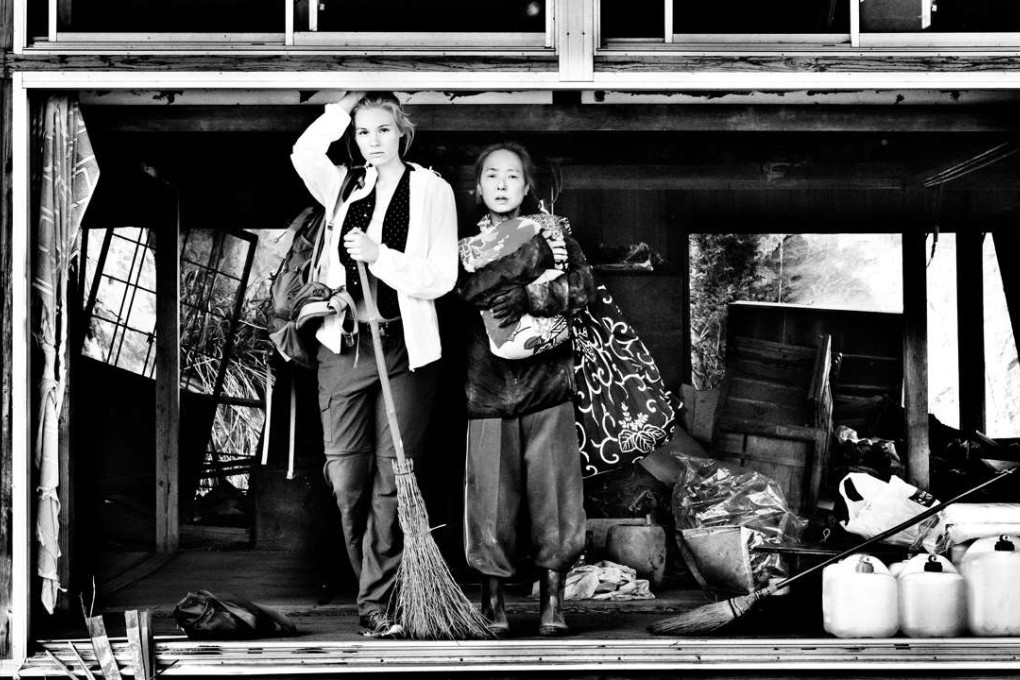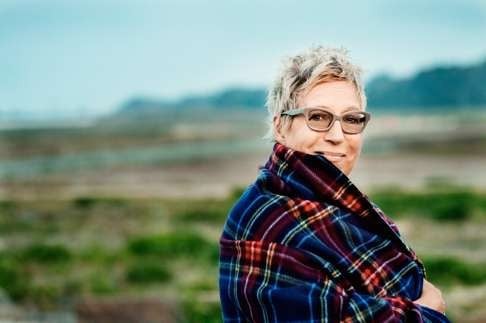Fukushima, Mon Amour is shot through with the shadow of Hiroshima
Beyond obvious allusion to Alain Resnais film, German director Doris Dörrie’s poetic drama, shot on location, about two women bonding in wake of 2011 nuclear disaster makes link between civilian radioactive power and its destructive wartime use

Doris Dörrie has no rational explanation for why she took a trip to Fukushima just six months after tragedy struck the Japanese prefecture. “I went there because I was so shocked,” the German filmmaker says of the earthquake and tsunami that struck the country’s Pacific coast on March 11, 2011, triggering the meltdown of four reactors at Fukushima’s nuclear power plant, and a long-running national crisis.
As her gentle yet poignant films have shown time and again, the Hanover-born, Munich-based 61-year-old is ruled more by the heart than the mind.
“I have many friends in Tokyo, and they were so desperate and disappointed in the Westerners and foreigners – because they’d all left Japan and never returned,” she says. “So I thought, ‘Well, OK, I should go and visit my friends; I should also go and see for myself what this means’. And I must say it really blew my mind: it’s very different to be actually standing there and seeing what it meant.”

During that first visit, the idea took shape in Dörrie’s head that she had to talk about what she saw and tell a story about it. She would eventually come up with the fiction feature film Fukushima, Mon Amour, which premiered at the Berlin International Film Festival in February. It will be screened at the KINO/16 festival in Hong Kong and Macau, which opens on September 29.
The poetic black-and-white drama follows Marie (Rosalie Thomass), a young German woman frustrated with life, as she joins the Clowns4Help circus troupe (based on the real-life non-profit Clowns Without Borders) to share a little joy with the Fukushima survivors residing in temporary housing. Marie ends up staying with a cranky, elderly geisha, Satomi (Kaori Momoi), in her damaged house in the radioactive exclusion zone, and they form a bond that helps both of them let go of their troubled pasts.